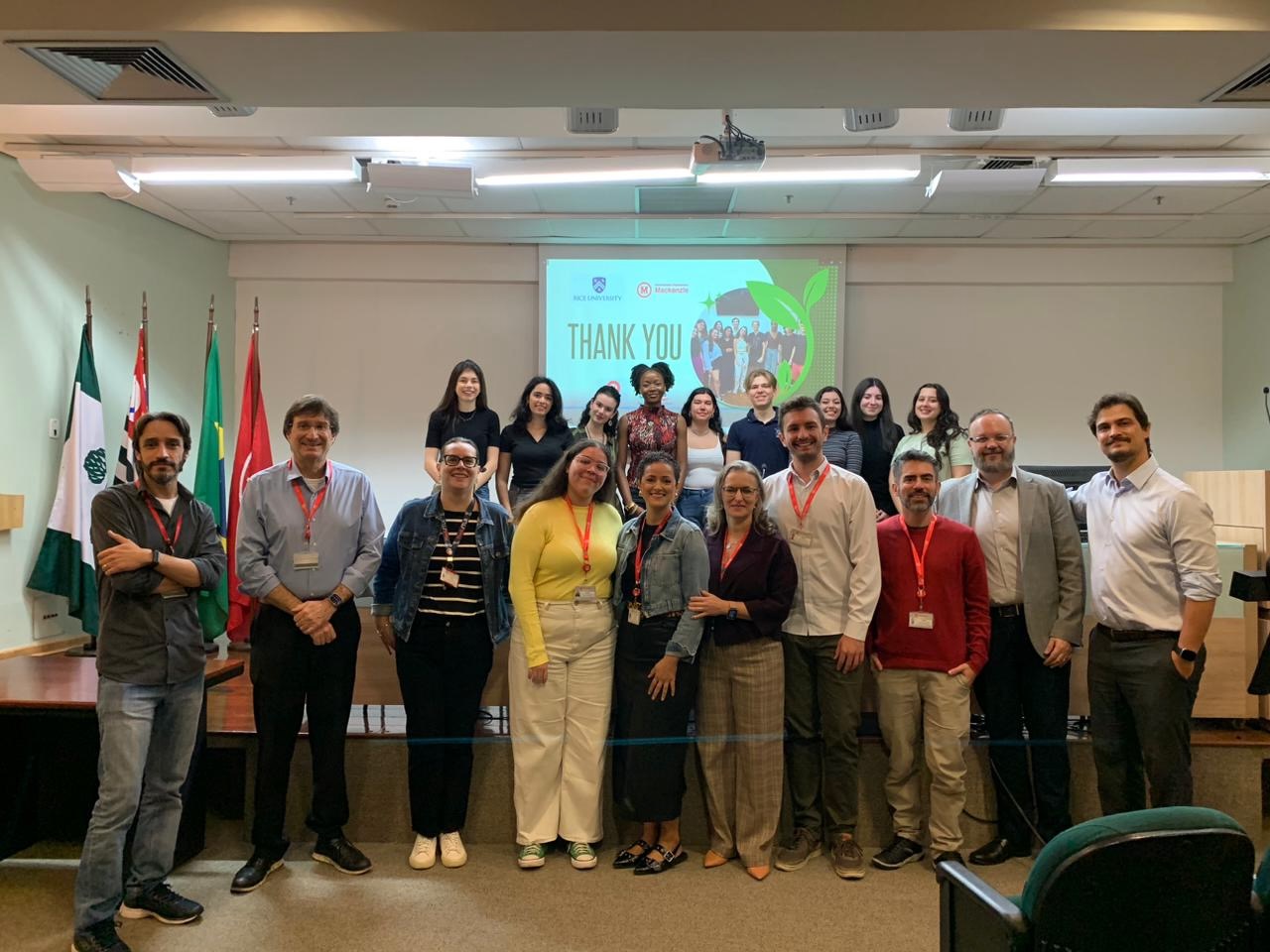Loewenstern Fellowship (São Paulo, Brazil)
In the summer of 2024, I was awarded $8365 by Rice University to conduct a fellowship in São Paulo, Brazil with an emphasis on social impact. There, I fostered a diplomatic partnership between Universidade Presbiteriana Mackenzie and my home institution, Rice University. I also interned in a neuroimaging/signals research lab with Dr. Paulo Boggio and designed a social impact business called EcoTuere, aimed to make recycling and composting financially sustainable and incentivizing for Brazilians.



